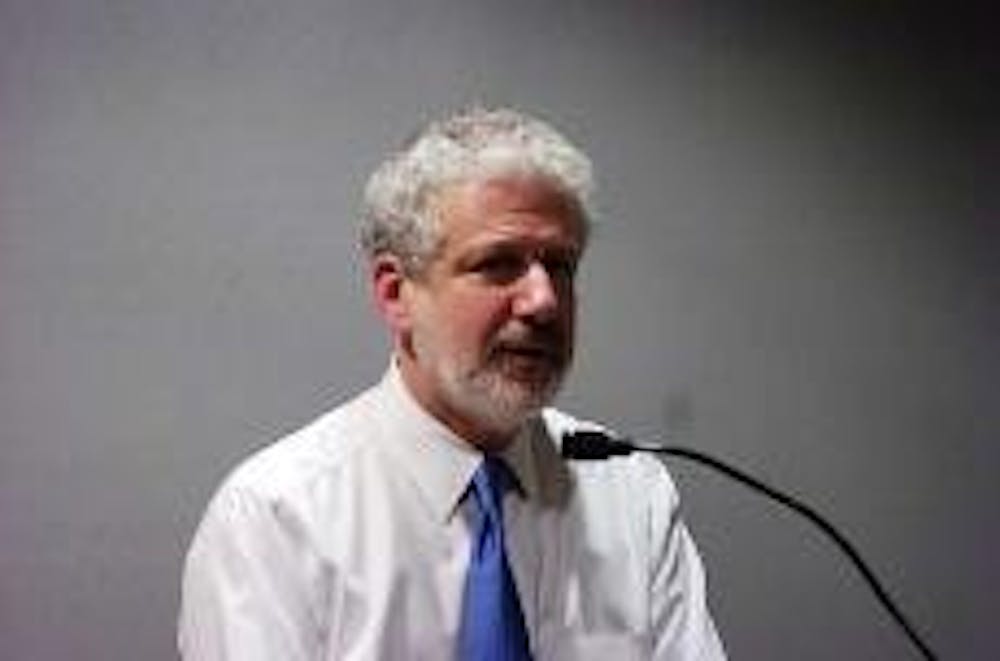On a cold December morning last year, The New York Times Washington Bureau chief, Philip Taubman, was personally asked by the president not to publish a story revealing the existence of a secret domestic eavesdropping program.
Two weeks later, the paper decided to publish the story about the government's warrantless surveillance of citizens.
The resulting controversy was the subject of Taubman's presentation last night in Logan Hall.
A journalist for 27 years, Taubman talked with around 30 students and faculty about the proper role of the press during wartime.
He defended the paper's decision to publish the story.
"I'm not saying that the [government] program was unconstitutional, but the article gave the American people a chance to learn about a program that undeniably tests the limits," he said. "That's precisely the role a free press should play."
When Times reporters James Risen and Eric Lichtblau first presented the story in 2004, Taubman and other editors thought it wasn't ready for publishing.
"They had done their research and painstakingly put together the details of the program," Taubman said. "But responsible news organizations do not rush into print sensitive issues."
Possible legal action against the writers prevented Taubman from going into details about the story's sources.
"The day may not be far when the government subpoenas them to reveal their sources, and if they fail to do so, put them in jail," Taubman said. Journalistic ethics are "not just an abstract issue."
Still, there are certain standards newspapers should abide by to avoid threatening the country's national security, Taubman said.
"Even now, we are not publishing some stories because the risks outweigh the benefits," he said. "Reporters are citizens, too."
Sponsored by the Penn Student Agencies, the event was part of a broader effort to encourage readership of The New York Times on campus, said the paper's education account manager, Elaine Koziak.
College senior Nancy Ngo said the program attracted her attention because it focused on current issues in journalism and the media.
"I'm interested in how the The New York Times has stayed a strong brand despite challenges that newspapers face nowadays," she said.



